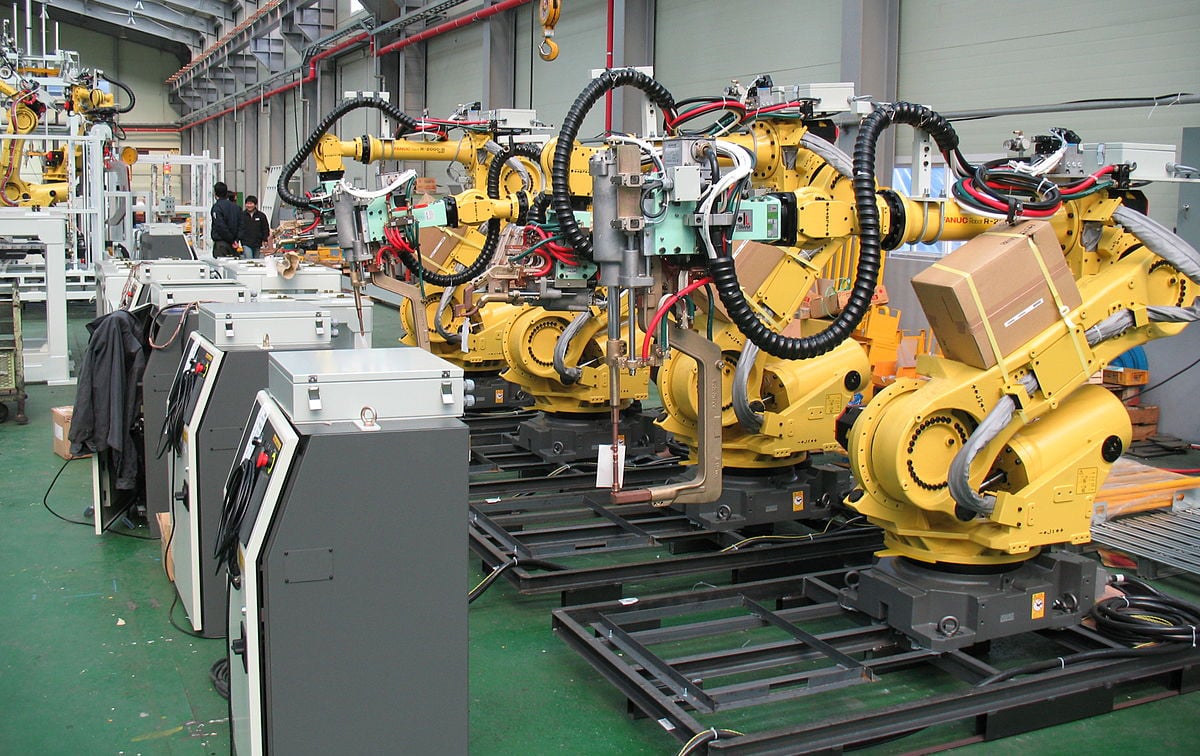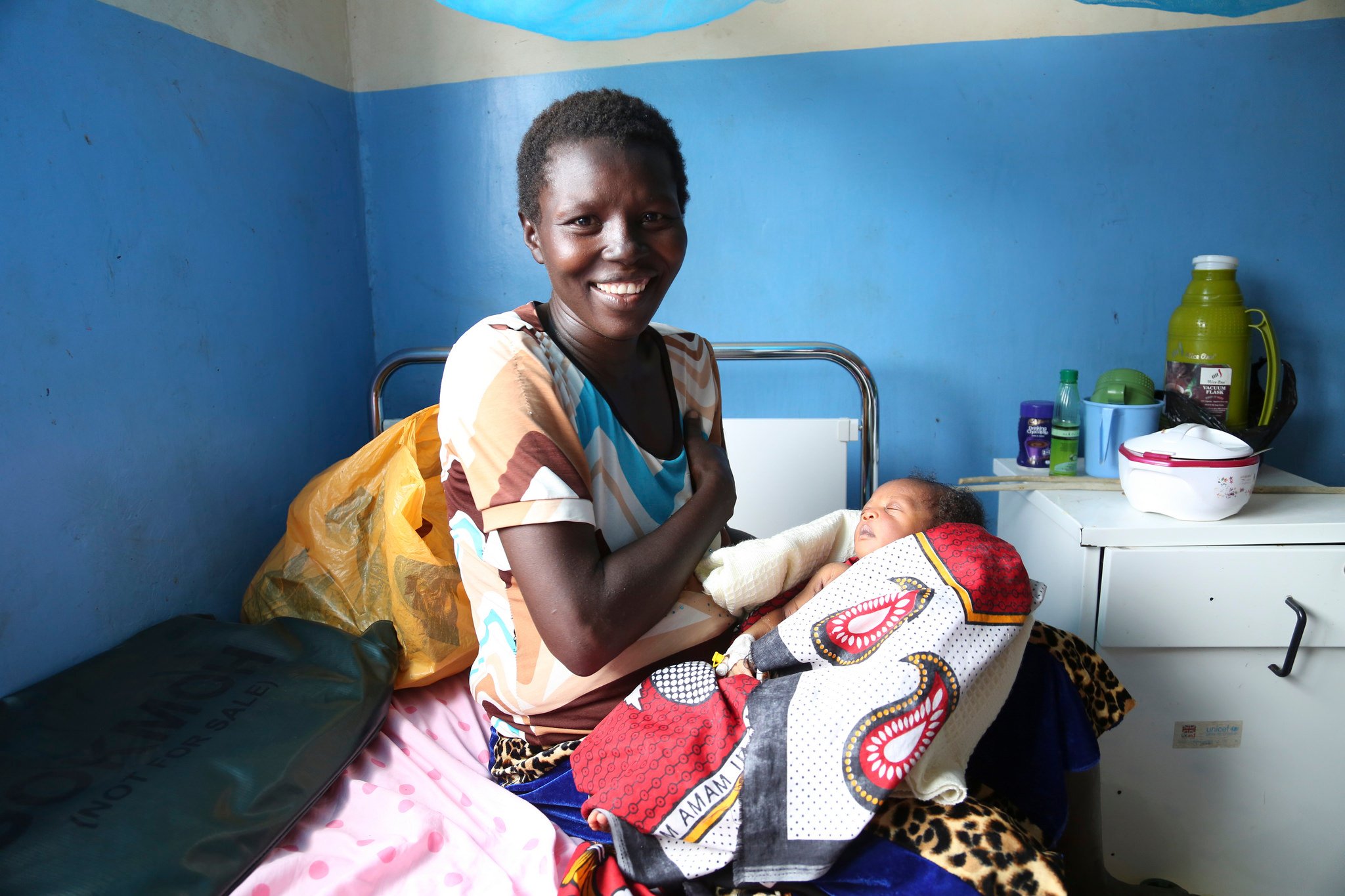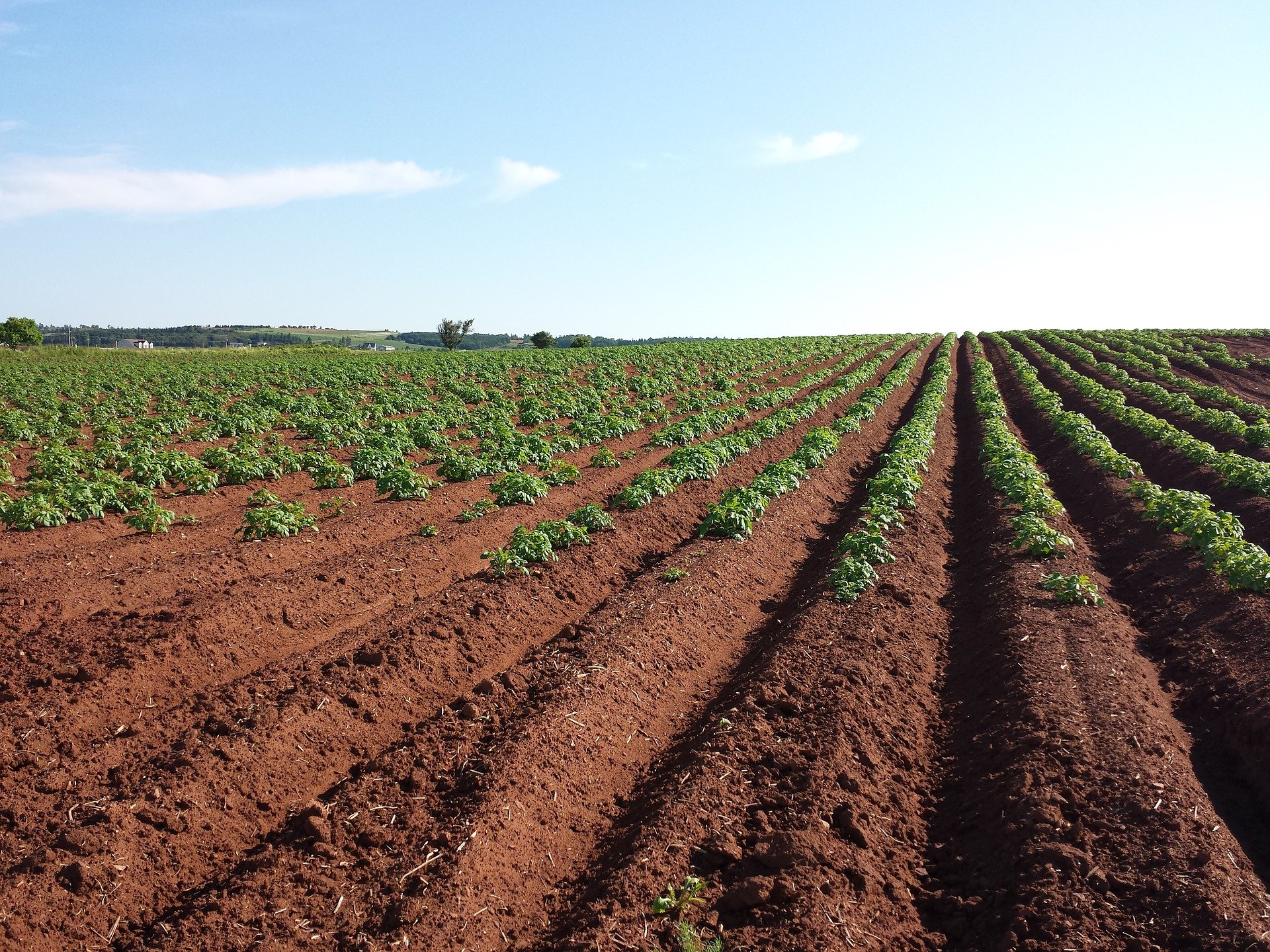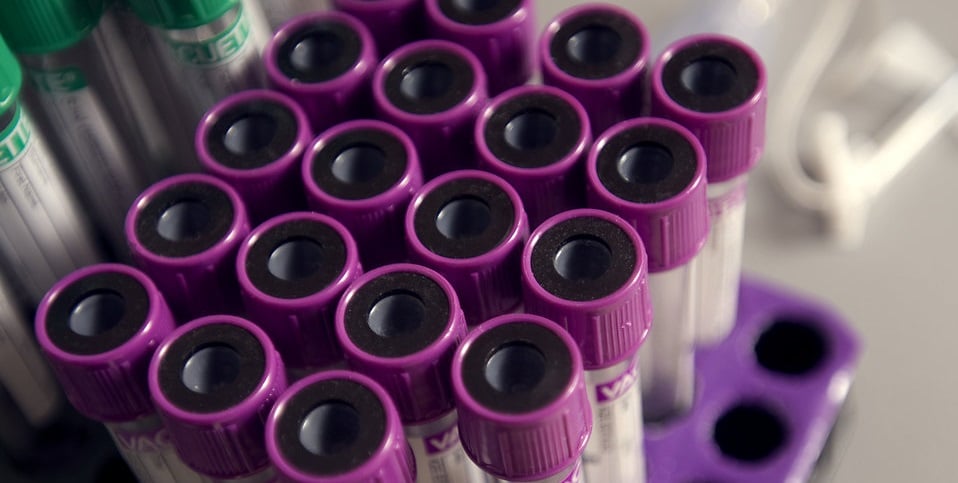Why get a filling when you could print a new smile?
by Ethan Bilby Twinges. Painful teeth. About one in 10 people suffer from dental sensitivity caused by worn enamel. But rather than providing short-term solutions like special toothpastes or fillings, new techniques could print whole new layers of enamel onto teeth – or even stimulate the body to grow new ones. Dr Antonios Anastasiou wants to … Read more






